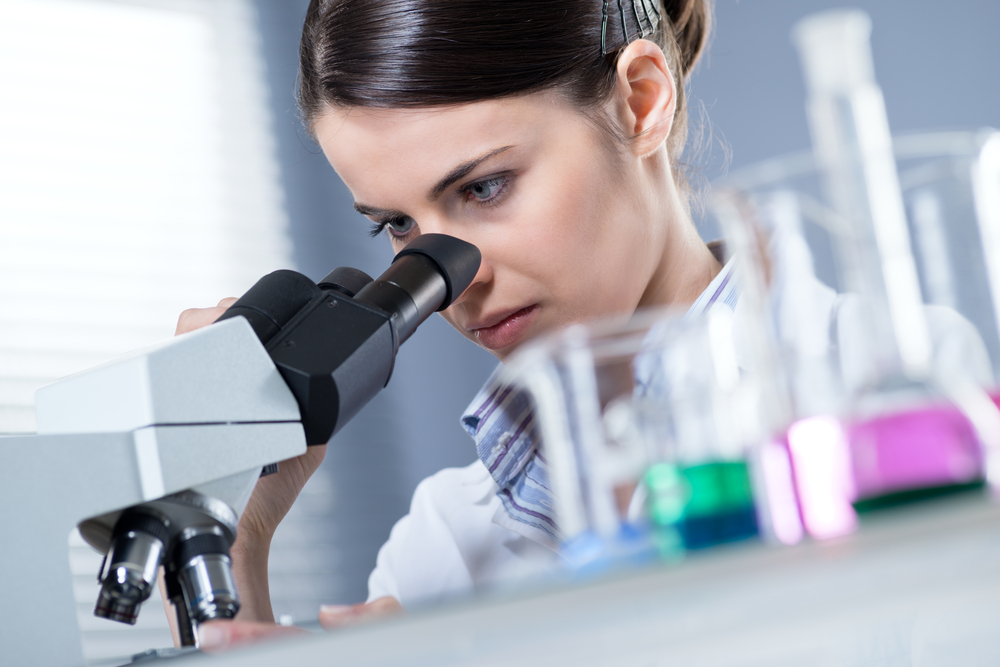Mitsubishi Tanabe Establishes New US Research Facility

Mitsubishi Tanabe Pharma Corporation (MTPC) is opening a new research site in the Boston area dedicated to discovering new therapeutic targets in amyotrophic lateral sclerosis (ALS) and other diseases of the central nervous system.
Located in the SmartLabs biotechnology hub in Cambridge, Massachusetts, the company’s NeuroDiscovery Lab is scheduled to open in April. It is being established by Mitsubishi Tanabe Pharma Holdings America, a subsidiary of the Japanese MTPC.
MTPC also is the parent company of New Jersey-based Mitsubishi Tanabe Pharma America (MTPA), developer of ALS treatment Radicava (edaravone).
“Mitsubishi Tanabe Pharma group companies are deeply committed to the ALS community and to continued research for treatments,” Tetsuro Iwata, vice president, corporate and product strategy at MTHA, said in a press release.
Mitsubishi Tanabe Pharma companies contribute to the search for new treatments for diseases with unmet medical needs through joint research and collaboration with various academic institutions and companies.
By establishing the NeuroDiscovery Lab and developing tailored treatments, MTPC aims to be a healthcare company that provides optimal medical care to every person, the company said.
The planned research site will operate as a North American biotechnology base to strengthen the group’s ability to discover new treatment candidates for central nervous system diseases, particularly ALS.
Its location at SmartLabs — a life-science managed center that provides an optimal research environment in which about 40 companies, mainly pharmaceutical companies, operate — will create opportunities for discovering new therapies and further collaboration with academic and industry partners in the Boston area.
The primary objective is to develop a strong pipeline of precision treatments for central nervous system diseases that can be developed worldwide, with a focus on the U.S. market.
Importantly, the research environments at SmartLabs can be adjusted rapidly to meet the infrastructure needs of a therapy discovery initiative that evolve at a fast pace, as is expected to happen for NeuroDiscovery Lab.
“Through this investment, we aim to strengthen our ability to discover promising novel medicines to address the unmet needs of patients in the U.S. The establishment of this research location is another step along our path to seek advancements in this area,” added Iwata.






